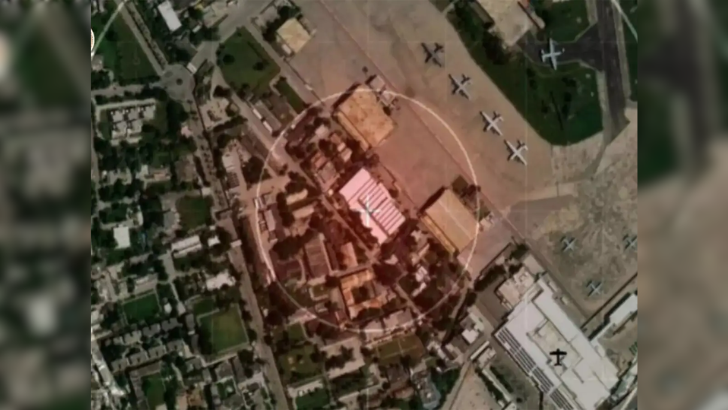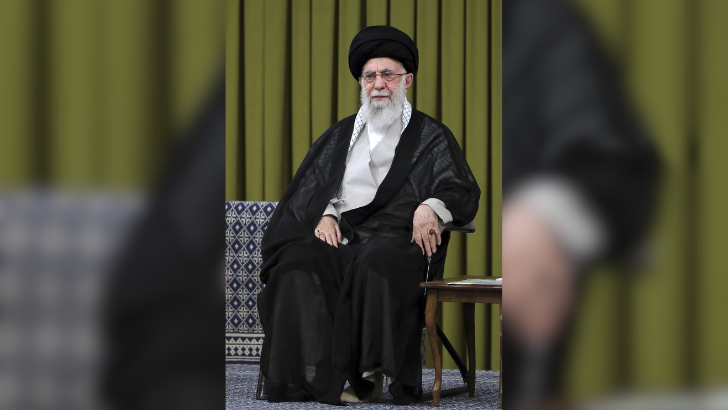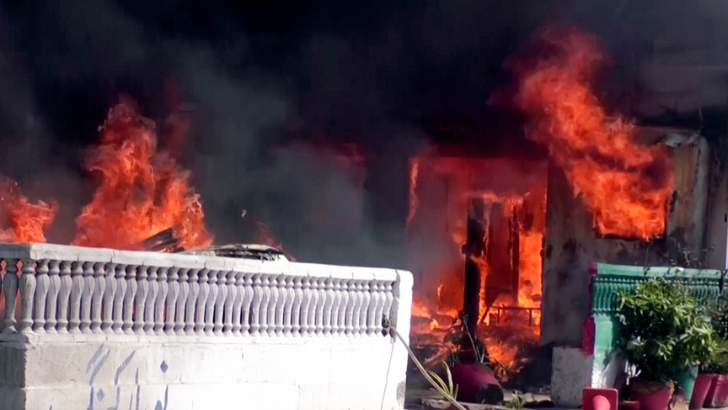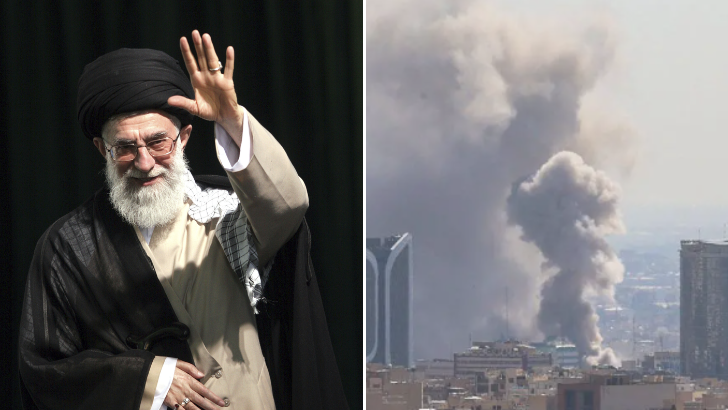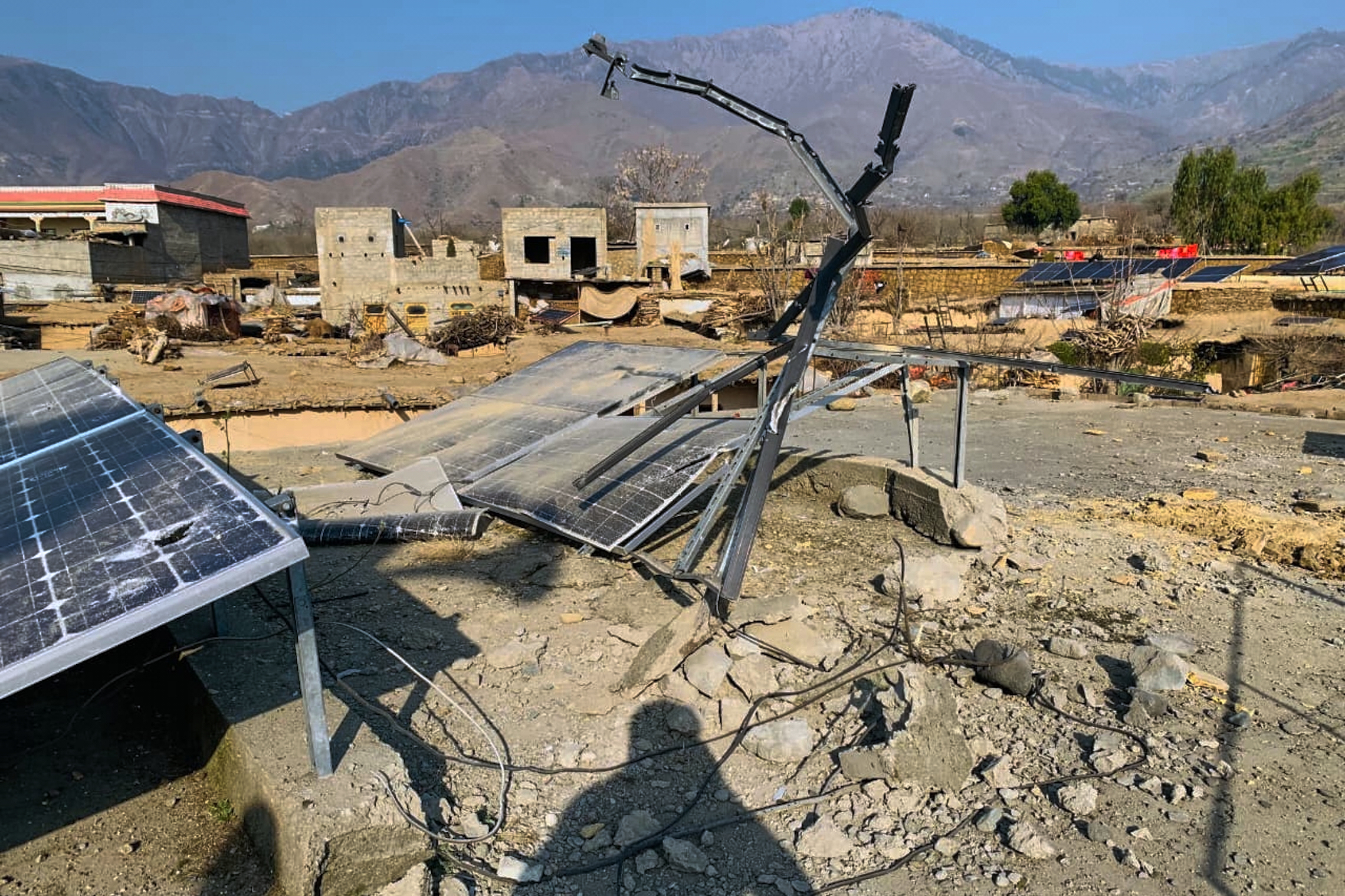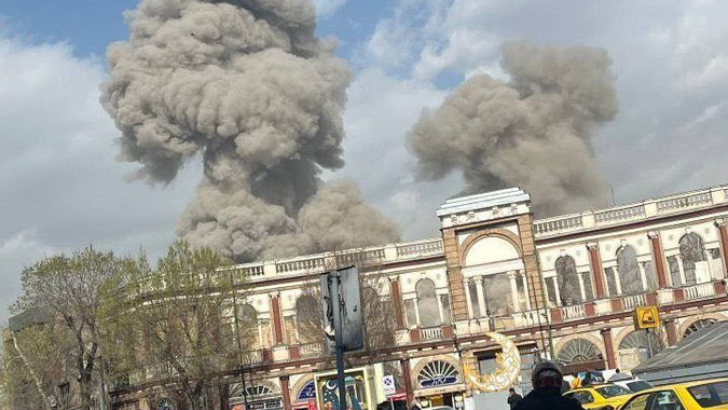Trump threatens 100% more tariff on Chinese imports from 1 Nov
On Thursday, the Chinese government restricted access to rare earth minerals, requiring foreign companies to get special approval for shipping the metallic elements abroad.
PTI
-
Trump also suggested there may be time to ratchet down his steep new tariff threat.
Washington, 11 Oct
US President Donald Trump on Friday threatened to place an
additional 100 per cent tax on Chinese imports starting on 1 November or
sooner, potentially escalating tariff rates close to levels that in April
fanned fears of a global recession.
The president expressed frustration with new export controls
placed on rare earth elements by China — and said on social media that “there
seems to be no reason” to meet with Chinese leader Xi Jinping as part of an
upcoming trip to South Korea.
Trump later told reporters he had not cancelled his meeting.
“But I don't know that we're going to have it,” he said during an Oval Office
appearance on another subject. “I'm going to be there regardless, so I would
assume we might have it.”
Trump also suggested there may be time to ratchet down his
steep new tariff threat. “We're going to have to see what happens. That's why I
made it Nov. 1,” he said.
China's new
restrictions
On Thursday, the Chinese government restricted access to
rare earth minerals, requiring foreign companies to get special approval for
shipping the metallic elements abroad. It also announced permitting
requirements on exports of technologies used in the mining, smelting and
recycling of rare earths, adding that any export requests for products used in
military goods would be rejected.
On social media, Trump described the export controls as
“shocking” and “out of the blue.” He said China is “becoming very hostile” and
that it's holding the world “captive” by restricting access to the metals and
magnets used in electronics, computer chips, lasers, jet engines and other
technologies.
Trump said in a post that “starting November 1st, 2025 (or
sooner, depending on any further actions or changes taken by China), the United
States of America will impose a Tariff of 100% on China, over and above any
Tariff that they are currently paying.” The president also said the US
government would respond to China by putting its own export controls “on any
and all critical software” from American firms.
The Chinese Embassy in Washington did not immediately
respond to an Associated Press request for comment.
Trump is known for
using threats as a tactic
The S&P 500 tumbled 2.7 per cent on worries about the
rising tensions between the world's largest economies. It was the market's
worst day since April when the president last bandied about import taxes this
high. Still, the stock market closed before the president spelt out the terms
of his threat.
Not only could the global trade war instigated by Trump be
rekindled, but import taxes being heaped on top of the 30 per cent already
being levied on Chinese goods could, by the administration's past statements,
cause trade to break down between the US and China in ways that could cause
growth worldwide to slump.
While Trump's wording was definitive, he is also famously
known for backing down from threats. Earlier this year, some investors began
engaging in what the Financial Times called the “TACO” trade, which stands for
“Trump Always Chickens Out.”
The prospect of tariffs this large could compound the
president's own political worries, potentially pushing up inflation at a moment
when the job market appears fragile and the drags from a government shutdown
are starting to compound with layoffs of federal workers.
The United States and China have been jostling for advantage
in trade talks, after the import taxes announced earlier this year triggered
the trade war. Both countries agreed to ratchet down tariffs after negotiations
in Switzerland and the United Kingdom, yet tensions remain as China has
continued to restrict America's access to the difficult-to-mine rare earths
needed for a wide array of US technologies.
There is already a backlog of export license applications
from Beijing's previous round of export controls on rare earth elements, and
the latest announcements “add further complexity to the global supply chain of
rare earth elements,” the European Union Chamber of Commerce in China said in a
statement.
There are other flashpoints in the trade relationship,
including US restrictions on China's ability to import advanced computer chips,
sales of American-grown soybeans and a series of tit-for-tat port fees being
levied by both countries starting on Tuesday.
Analysts say there's
time to de-escalate
Trump did not formally cancel the meeting with Xi, so much
as indicating that it might not happen as part of a trip at the end of the
month in Asia. The trip was scheduled to include a stop in Malaysia, which is
hosting the Association of Southeast Asian Nations summit; a stop in Japan; and
a visit to South Korea, where he was slated to meet with Xi ahead of the
Asia-Pacific Economic Cooperation summit.
Sun Yun, director of the China program at the Stimson
Center, said Beijing's move was a reaction to US sanctions of Chinese companies
this week and the upcoming port fees targeting China-related vessels — but said
there's room for de-escalation to keep the leaders' meeting alive. “It is a
disproportional reaction,” Sun said. “Beijing feels that de-escalation will
have to be mutual as well. There is room for manoeuvre, especially on the
implementation.”
Gracelin Baskaran, director of the Critical Minerals
Security Program at the Center for Strategic and International Studies in
Washington, DC, said China holds leverage because it dominates the market for
rare earths with 70 per cent of the mining and 93 per cent of the production of
permanent magnets made from them, which are crucial to high-tech products and
the military.
“These restrictions undermine our ability to develop our
industrial base at a time when we need to. And then second, it's a powerful
negotiating tool,” she said.
Craig Singleton, senior director of the China program at the
Foundation for Defense of Democracies, a think tank, said Trump's post could
“mark the beginning of the end of the tariff truce” that had lowered the tax
rates charged by both countries.
Leave a Reply
Your email address will not be published. Required fields are marked *








.png)


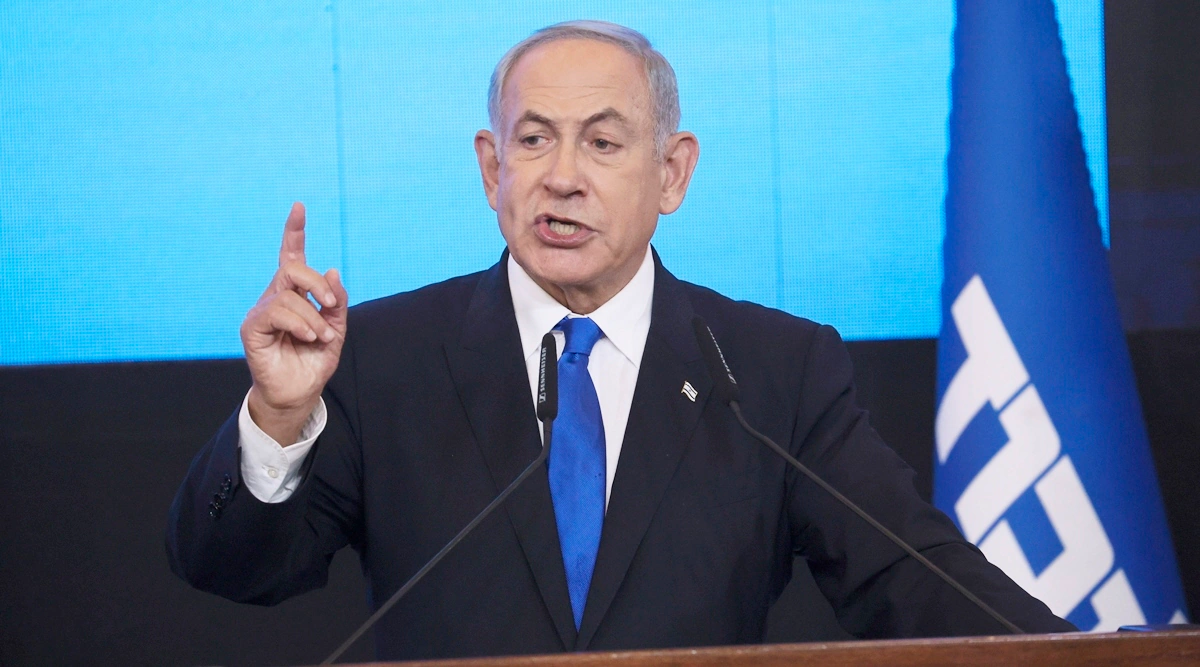
.jpg)
